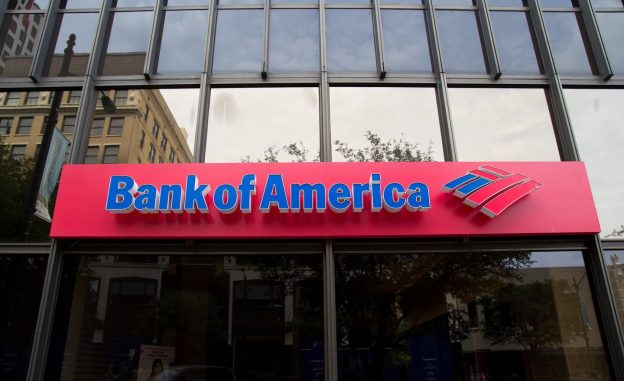Banks that processed the small-business loans allocated by Congress in the $2.2 trillion stimulus bill made $10 billion in fees, according to financial records obtained by NPR.
The fees were earned while processing loans that require less review than regular bank loans and have little risk for banks.
All federally insured banks and credit unions could process the loans before they are approved by the Small Business Administration (SBA).
Banks took 1 to 5 percent in fees per loan, which vary from tens of thousands to $10 million, according to NPR.
Major banks have processed SBA loans in the past, but Congress’s historic $2.2 trillion stimulus bill, which put $350 billion more into the SBA, resulted in a record high volume of applications. Some banks reported being out of applications for SBA loans within minutes.
Bank of America told NPR it has 8,000 employees vetting the applications this month, which had “significant vetting requirements” and required “collecting, personally examining, and storing data” that is required for each application.
The Treasury Department told lenders that the requirements for SBA loans would be less rigorous than regular loans.
“Lenders are permitted to rely on borrower certifications and representations,” the department told lenders, according to NPR.

Comments are closed